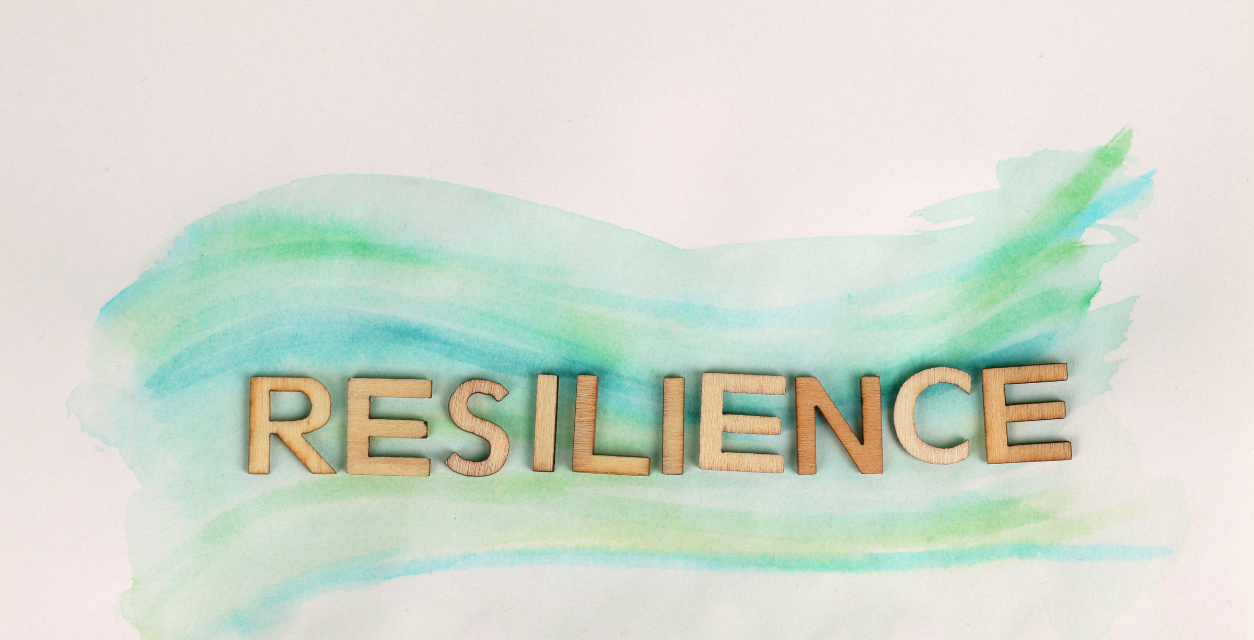Geckos scamper across my porch every day. They are champions at adapting. On the tree trunk they’re tan, on the bush green. Rapidly they adapt to their environment. Even when they lose their tail due to a quick escape, the loss doesn’t seem to create a slow down for them. Adaptability is their middle name.
Our society loves things that are adaptable. Standing desks are the greatest invention ever. Most of us prefer the adjustable ones, where you can sit or stand depending on the need at the moment. Every driver’s seat is equipped with the ability to move forward or back. Our washing machines adjust to the size of the load. Even our suitcases have an extra zipper designed for shoving in a little more. If we were being honest, and we won’t be, we prefer our pants to be adjustable too. We just have this preference for all things adjustable. Even people. People who are flexible are easier to be around. Resilience is really a necessity for all of us. When life throws us a curve ball, it’s in our best interest to adapt.
Very little in my life, okay, I’ll be brutally honest, nothing in my life has gone as I expected it. And if I’d had no elasticity in my response to the unexpected, I’d be way beyond shattered. Resilience is the capacity to recovery quickly, to adapt, to bounce back. While we love all things adaptable, we find it amazingly difficult to genuinely adapt. Nurturing resilience requires a great deal of intention.
After 20 years of marriage and 5 children, Ninfa Rodriquez’s husband died and she struggled to keep their business alive. Rather than give up, she remodeled part of their wholesale factory into a restaurant. A week after the remodel fire broke out. She persevered. As her restaurant gained popularity, she opened a second. Later she franchised the Ninfa name, however, her rapid expansion required lots of cash. She was not skilled in financial transactions and eventually declared bankruptcy and sold the chain. Ninfa was more interested in focusing on her blessings than cursing her failures. She coupled her vast knowledge of customer satisfaction and quality Mexican food with her new knowledge of operating with minimal debt and opened a new restaurant under a different name. Ninfa’s resilience kept her moving forward. To nurture resilience involves being intentional in five areas. Ninfa was committed to the following practices in order to stay resilient.
See Opportunity
Seeing opportunities, not obstacles is a key to nurturing resilience. When things don’t go as expected, we are tempted to see only road blocks. When my 30-year marriage ended and I moved away from my supportive, all-in, extraordinary community, it would have been easy to wallow in the loss. Pushing myself to pick my head up and look around helped me uncover all the opportunity. I was able to ask, “What does this make possible?”
Build a Support Network
In the middle of a particularly difficult season in my life, my boss asked me what I was doing to cope. One by one I named five women, one who prayed for me, one who cried with me, one who got angry with me, and so on. Each of these women fulfilled a different role in helping me bounce back. It didn’t happen over night but their support ushered in my ability to recover.
Practice Accepting
When things don’t go as planned and our expectations are not met, accepting what is keeps us moving forward. There is certainly a place for expressing our emotions of anger, disappointment, and grief. We can do both — get in touch with our emotion and accept our reality. When I acknowledge this is real — this is what is happening — it helps me move to the question, “How can I roll with this?”
Get Curious
Uncomfortable emotions like disappointment, embarrassment, uncertainty are things we want to avoid. The more uncomfortable the quicker we are to push them away. To be resilient, we need to get curious about our uncomfortable emotions. When we practice sitting with the discomfort, the emotion can teach us so much.
Try Self-Compassion
It’s fairly common to blame ourself for what’s happening. That seems like our knee-jerk reaction but blaming keeps us stuck. Self-compassion can help break the cycle of self-blame. Being benevolent with ourselves looks like affirming our emotions, prioritizing self-care, accepting our mistakes, giving ourselves the benefit of the doubt. Practicing empathy and compassion toward ourselves is a game-changer when it comes to nurturing resilience.
Nurturing resilience is a life long process. People repeatedly tell me how resilient I am. What they don’t know is I’ve been practicing for a long time. When the gut punches come, I already have a built-in strategy for getting up off the floor because I’ve been faithfully engaging in these practices. As author Steve Maraboli says, “Life doesn’t get easier or more forgiving, we get stronger and more resilient.”











